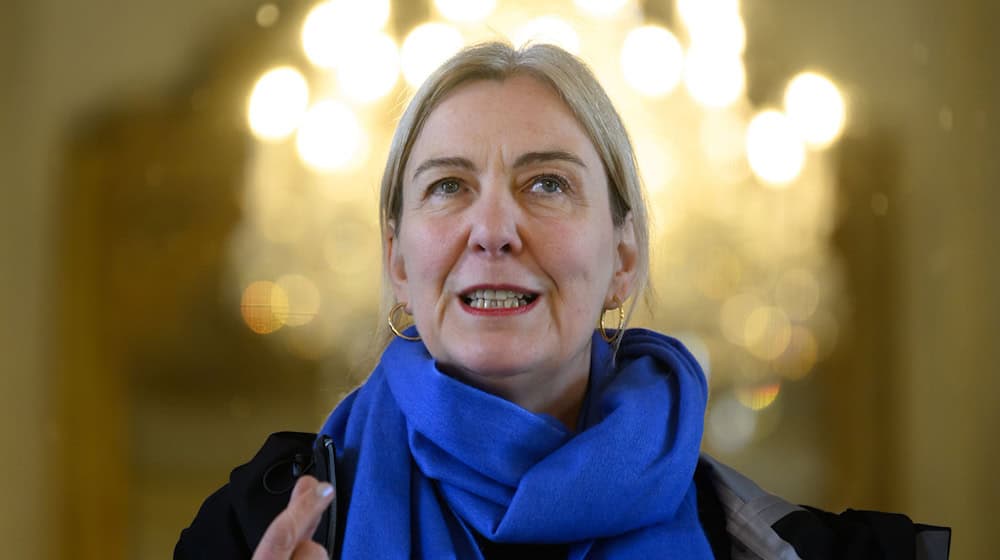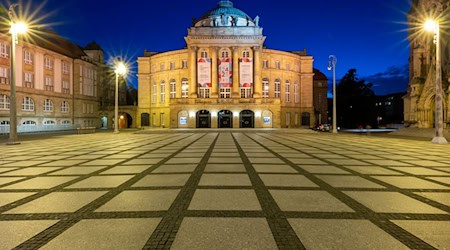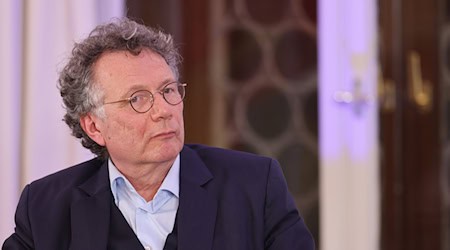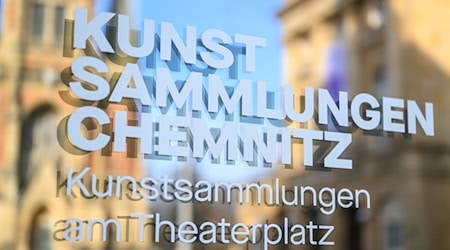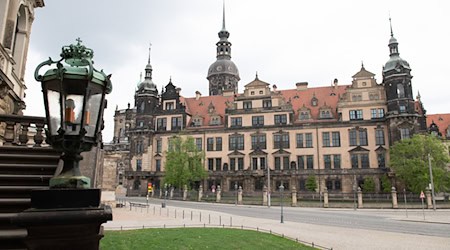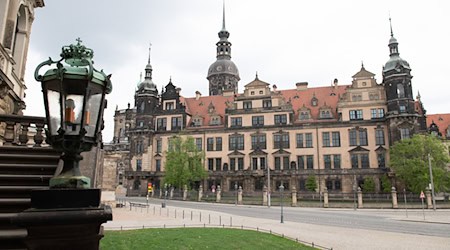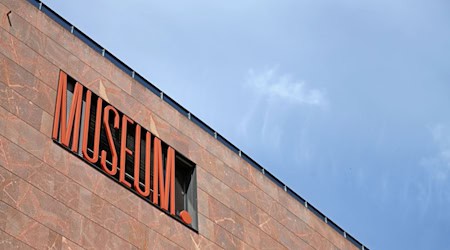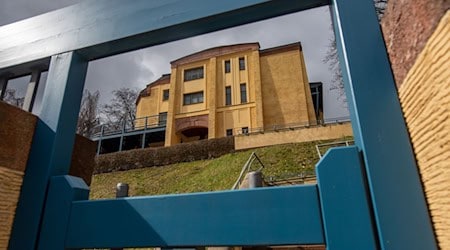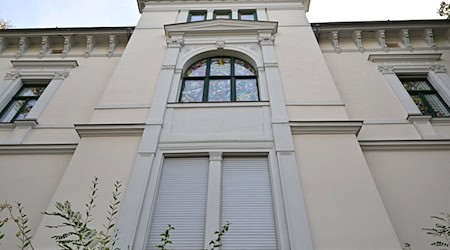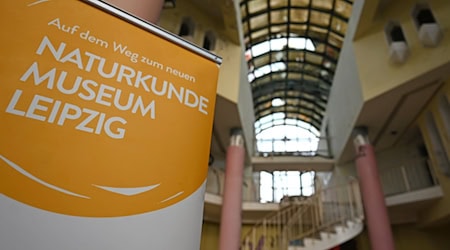From the Elbe to the Spree: After eight years at the helm of the Dresden State Art Collections (SKD), Marion Ackermann is taking over the leadership of Germany's most powerful cultural institution. From June 1, she will be President of the Prussian Cultural Heritage Foundation (SPK) in Berlin. The inauguration is on Tuesday (May 27).
Ackermann will thus also become the top boss of Museum Island. This is one of Berlin's main attractions and one of the top museum districts in the world, where Nefertiti and famous works by Caspar David Friedrich can be found.
It is the almost logical next step in the career of the renowned museum manager and curator, who became the youngest head of a major museum in Germany at the age of 38 in 2003.
Born in Göttingen in 1965, she holds a doctorate in art history and began her career as a curator at the Städtische Galerie in Munich's Lenbachhaus before becoming director of the Kunstmuseum Stuttgart until 2009 and then artistic director of the Kunstsammlung Nordrhein-Westfalen in Düsseldorf until 2016.
Light and a shadow in Dresden
Her time in Dresden is full of light, but also overshadowed by one of the most spectacular art thefts in Germany: the burglary of the Historic Green Vault.
Successes during Ackermann's time in office include major shows on Jan Vermeer and Caspar David Friedrich, the establishment of the only children's biennial alongside the original in Singapore and exhibitions on radical female artists behind the Iron Curtain. It also presented young art from Germany and abroad and works from the subculture of the late 1970s in West and East Germany.
Ackermann has excellent contacts with artists, collectors and cultural institutions worldwide and is held in high regard not only in the museum world.
Fascinated by the relationship between art and craftsmanship, she opened up the collections to visitors right into the depots and the museums for encounters and political discourse - which she herself took part in, as she did in 2018 in the "Bilderstreit" (image dispute) about GDR art in museums.
Advocate for art and culture
Ackermann is committed to ensuring that art and culture are given space, attention and resources. Her innovations on the Elbe include partnerships with museums in the region. It is also important to her to reach out into the world with culture as an ambassador, especially to Eastern Europe.
The coronavirus pandemic has slowed down her zeal in the area of education and communication. On the other hand, digitalization and internet presence went faster than expected due to the lockdowns.
With the Archive of the Avant-Garde, she added a "new idea of museum" to the SKD. It stands for greater permeability: understanding the collection as an archive, telling stories, enabling discoveries.
Low point of her tenure
The theft of historical jewels made of diamonds and diamonds worth millions damaged the "General", who always put herself before her team. For months, Ackermann was at the center of public criticism over the lost "state treasure" and the causes.
The opposition in the Saxon state parliament accused her of failure and demanded personnel consequences in view of the security gaps that became apparent in court.
At the end of 2022, the perpetrators who were later convicted returned the majority of the jewelry during their trial - some magnificent works of art have so far gone missing. In the meantime, the SKD has completely reorganized its security system, with a lot of money.
"There were moments that really got to me," said Ackermann, looking back on the hostility, especially from the AfD: first because of the renaming of objects with historically discriminatory or racist titles, then because of the art theft and until the announcement of her move to the capital.
With Ackermann, Berlin has gained a museum manager who implements her plans with feminine charm instead of loud bluster - and also uses personal connections. The 60-year-old approaches people openly, inspires with her fascination not only for art and stands for female power, even in management positions - her experience in Dresden has also strengthened her ability to deal with crises.
Germany's museums should catch up internationally
Now she is to implement the reform of the SPK as Germany's largest and most important cultural institution and make it internationally competitive.
The foundation, which is funded by the federal government and all the federal states and has a total of around 2,000 employees, includes the Berlin State Library and the National Museums in Berlin. Ackermann will be officially inaugurated as Hermann Parzinger's successor on May 27.
Ackermann believes that Germany's museums still have room for improvement when it comes to internationality. They should "act even more strongly and perhaps a little more freely", she told the German Press Agency in February. "We have to face up to the world and build close international relationships with people in the cultural sector, even in problematic systems."
Copyright 2025, dpa (www.dpa.de). All rights reserved

